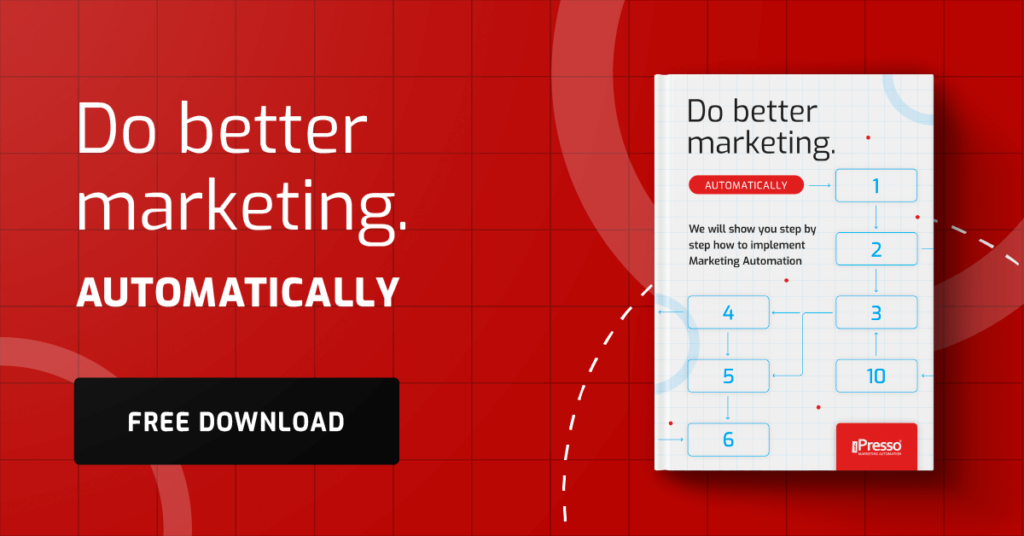How to effectively use SMS in marketing automation?

In today’s e-commerce world, where competition is fierce and customers’ attention is hard to gain, the effective use of various communication channels is becoming a key element of any company’s marketing strategy. One of the most effective tools in this regard is SMS in Marketing Automation. In this article, we will analyze how SMS can be effectively used as part of Marketing Automation, presenting strategies, application examples and the latest statistics proving the effectiveness of this approach.
Why is SMS in Marketing Automation important?
SMS in Marketing Automation plays a key role in communicating with customers and is important for several reasons.
Firstly, SMS is one of the most direct channels of communication with the customer. The text message goes directly to the customer’s mobile phone, which means there is a good chance it will be noticed and read quickly. Compared to other forms of communication, such as emails or social media posts, SMS has a much higher open rate.
Secondly, it allows you to personalize communication. Thanks to integration with CRM systems and data on customer behavior, companies can send personalized messages tailored to the preferences and needs of each customer. This individualization makes messages more relevant and attractive to the recipient, increasing the chance of a response.
Additionally, it enables automation of the communication process. Companies can set predetermined scenarios for sending messages depending on customer behavior, such as signing up for a newsletter, making a purchase or abandoning a shopping cart. This allows you to achieve consistency and effectiveness in communicating with your customers without having to manually send each message.
SMS allows for immediate interaction with the customer. Text messages are usually read within minutes of receiving them, which means you can quickly respond to situations such as order confirmation, abandoned cart reminders, or promotional information. This immediacy allows companies to effectively engage customers in real time.
Strategies for using SMS and marketing automation
1. Welcome messages: After signing up to your subscriber list or making your first purchase, you can automatically send a welcome SMS message to your customer. Such a message may contain thanks for your interest in the company, a special discount on your first purchase or information about a loyalty program. Welcome messages can help build a relationship with a customer from the beginning and encourage them to continue interacting with your company.
2. Transaction Notifications: Automatically sending notifications about order confirmation, payment, or product shipment can increase a customer’s trust in your company and make them feel confident about the status of their order. These notifications are especially important in the case of online shopping, where the customer wants to be up to date with the progress of the order.
3. Abandoned cart reminders: One of the most effective strategies is to automatically send abandoned cart reminders via SMS. When a customer adds products to their cart but does not make a purchase, the company can send them an SMS message reminding them of the pending transaction and a possible additional discount or offer to encourage them to return and complete the purchase.
4. Personalized promotions: Using customer data to personalize offers and promotions in SMS messages can increase their effectiveness. For example, a company may send a customer a personalized offer for a product they previously viewed on the website or a product related to their previous purchases. Thanks to personalization, the customer will be more willing to take advantage of the offer.
5. Birthday Promotions: Automatically sending birthday wishes along with a unique discount code can be a great loyalty strategy. Customers will be pleasantly surprised to receive a personalized gift from the company on their birthday, which can increase their engagement and loyalty.
6. Surveys and Feedback: The Company may also use SMS to collect customer feedback by sending surveys or requests for feedback about purchased products or purchasing experiences. This feedback can be valuable to the company and help improve its products and services.
SMS effectiveness in marketing
1. High openness and readability: SMS has one of the highest openness rates of all marketing channels, typically exceeding 90%. Moreover, most SMS messages are read within minutes of receiving them, which means that the message is immediate and effective.
2. Direct access to the customer: SMS messages go directly to the customer’s mobile phone, which means they are available almost anywhere and anytime. There is no need to wait to open an email or log in to a social media platform – the SMS message is immediately visible to the recipient.
3. Personalization and segmentation: SMS in marketing allows you to personalize messages depending on customer data, such as name, previous purchases or preferences. Thanks to segmentation, companies can tailor message content to specific recipient groups, which increases their effectiveness.
4. Quick response and interaction: SMS allows for immediate response and interaction with customers. Companies can send quick reminders about promotions, order confirmations, discount codes or links to websites, which helps customers make quick purchasing decisions.
5. Low cost: Compared to other forms of marketing such as TV commercials or social media advertising, text messaging is relatively cheap. Additionally, due to its high effectiveness, SMS can generate a significant return on investment (ROI).
6. Versatility: SMS can be used for various purposes, from informing customers about promotions and new products, through confirming orders, to collecting opinions and conducting surveys. It is a versatile communication channel that can be adapted to various needs and marketing goals.
To sum up, the effectiveness of SMS in marketing results from its high openness and readability, direct access to the customer, the possibility of personalization and segmentation, quick response and interaction, low cost and versatility. Therefore, SMS is an irreplaceable tool in the marketing arsenal of every company, enabling effective reaching of customers and increasing engagement and conversion.
Summary
SMS in Marketing Automation is a powerful tool that can bring significant benefits to e-commerce companies. Thanks to personalized communication, high open rates and effectiveness, SMS can be a key element of a marketing strategy, helping companies increase customer engagement, conversions and shopping cart value. With proper planning, segmentation and performance tracking, using SMS as part of Marketing Automation can deliver impressive results.



